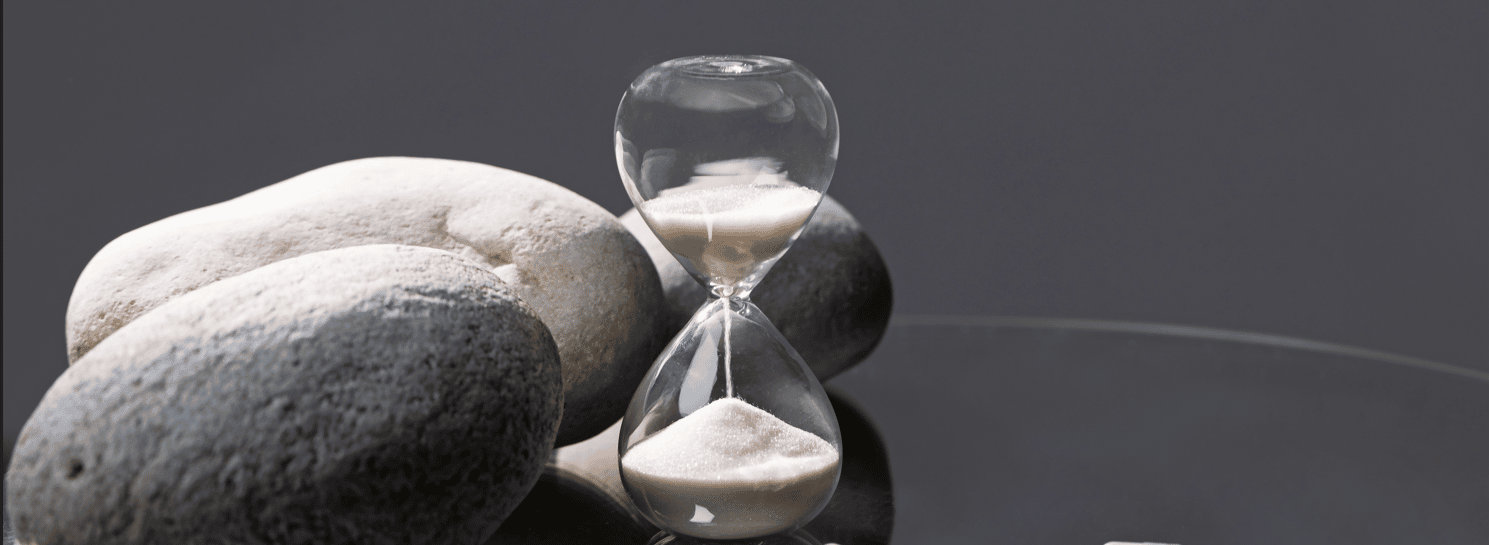Good news: you can turn back time with your epigenetic clocks!

Did you know that your environment can affect your genes and therefore the way you age? And that there is a difference between your biological (epigenetic) age and your chronologic age?
In a very concrete way, you may be 38 years old but have a biological age of 45 because of your not-so-healthy lifestyle. But good news: science says that biological ageing can be slowed, halted or rewound. It has been developed in recent years by studying specific biomarkers located directly on the DNA. These markers change during the aging process and control genetic expression.
How does that work?
Dr Semira Gonseth Nusslé, member of the scientific committee of Clinique La Prairie explains: “Every single cell in our body encloses the same genetic information, a complete and unique blueprint that builds the individual. What differentiates a brain cell from a liver cell, or any other cell, is the activation and inactivation of specific genes. The science investigating the regulatory mechanisms that switch genes on and off is called epigenetics.
Comparably, our genes are identical when we are young, old, healthy, or sick. When we grow old or get sick, we witness the response of our body to epigenetic modifications. It has been shown for example, that most chronic diseases such as heart diseases and cancer can be linked to changes in epigenetic markers. Similarly, our environment and our lifestyle do impact how our genes are fine-tuned to adapt to positive or adverse environments. For example, epigenetic modifications linked to smoke exposure can be measured to assess how smokers are impacted by their habit and also how they recover after smoking cessation.
Epigenetics is the link between nature – our genetic heritage – and nurture – how we build on this heritage every day. When triggering the right levers, biological age can be reduced, and impaired epigenetics can be reversed.”
This is particularly true when it comes to aging, as the genetic background is a relatively weak predictor of longevity compared to lifestyle.
What lifestyle factors most influence epigenetic age?
Cumulative lifetime stress is among the most important factors negatively influencing epigenetic age. Stress involves the hypothalamic-pituitary-adrenal axis, leading to the production of cortisol, which has been shown to have epigenetic effects. The origins of stress can be multiple, such as work-related stress or physiological stress (e.g. metabolic stress). Stress mitigation treatments such as intensive relaxation have been shown to improve epigenetic age.
With respect to nutrition, the plant-based and Mediterranean diets – including large amounts of vegetables, fruits, whole grains, olive oil, and limited amounts of red meat and sugar – are associated with a lower epigenetic age. Among other protective factors, we find associations with sleep quality (independent of sleep duration), and physical activity, especially when there is a mixture of aerobic and anaerobic activities.
Alcohol consumption at any level has also been associated with accelerated biological aging. Numerous epigenetic changes are indeed produced by alcohol consumption, particularly in genetic pathways that regulate brain neurotransmitters – such as the GABA system – involved in alcohol dependence.
These are all epidemiological evidence for healthy lifestyle factors that should strongly increase our awareness that giving priority to medical assessment, nutrition, stress management, physical activity and sleep in our life is essential.
How can the right supplements support epigenetics?
They can work on the interaction between genes and nutrients, and so induce the selective activation – or inactivation – of specific genes that encode for specific proteins (the proteins are responsible for orchestrating nearly every function of the cell), with the objective of leveraging specific body’s mechanisms.